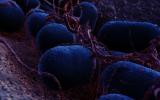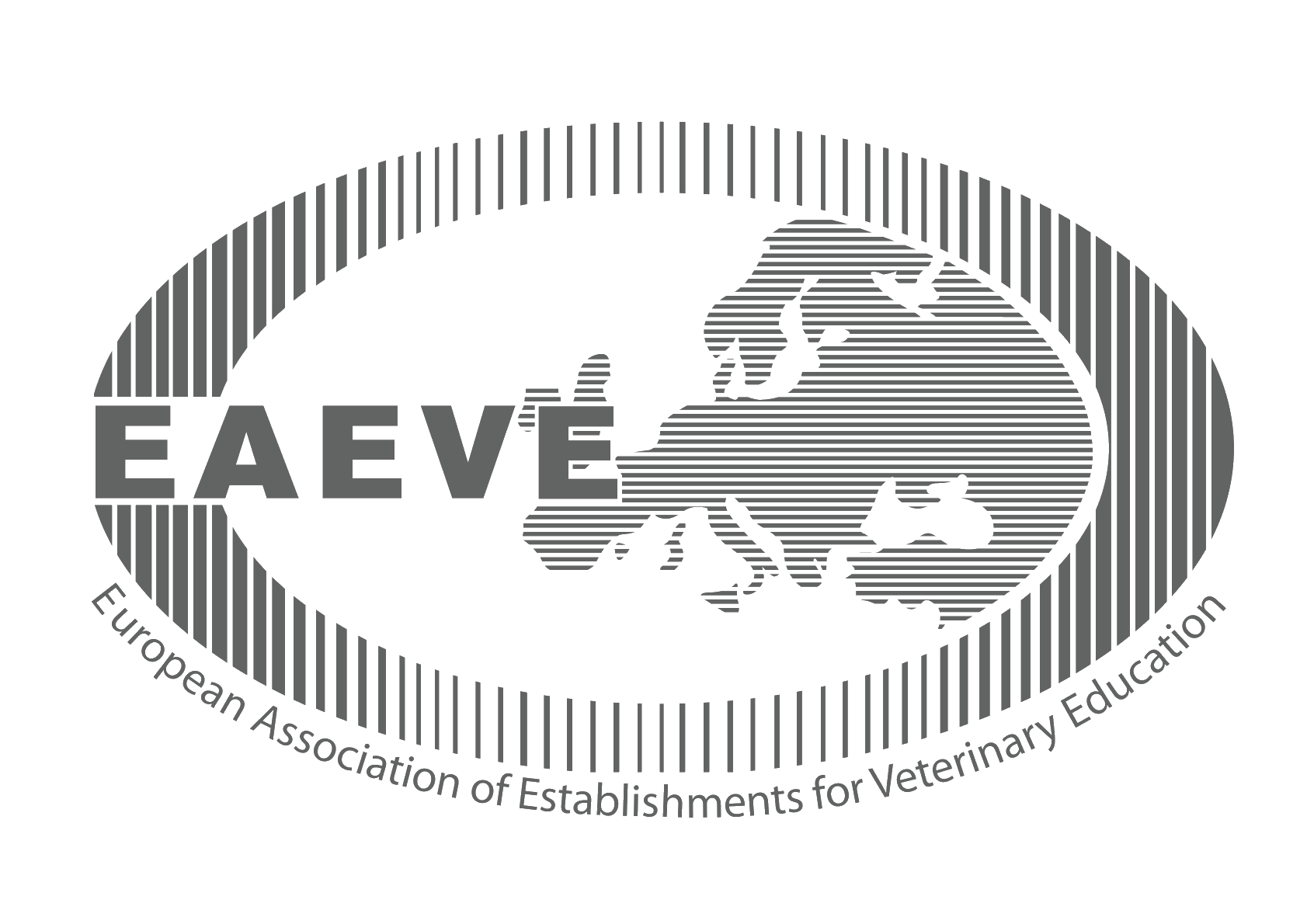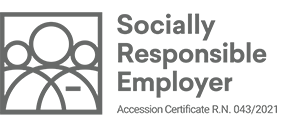The regional unit of the National Veterinary Institute (NVI) in Nova Gorica covers the whole area of the Primorska region, as well as part of the Idrija-Cerkno area and the Notranjska region, which includes as many as 23 municipalities. The unit is headquartered in Nova Gorica and has other branches in Sežana and Koper.
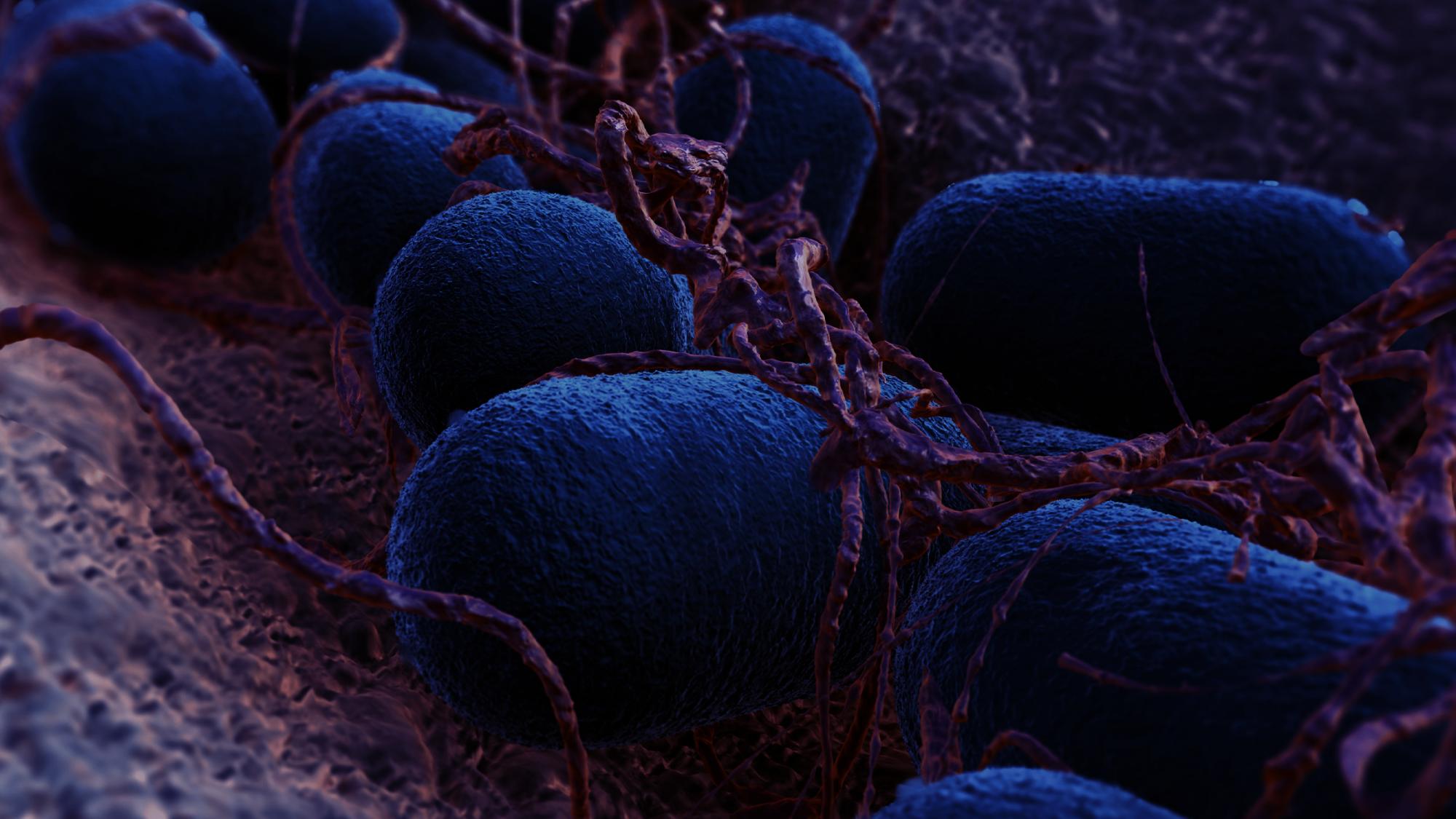
NVI Nova Gorica
Services
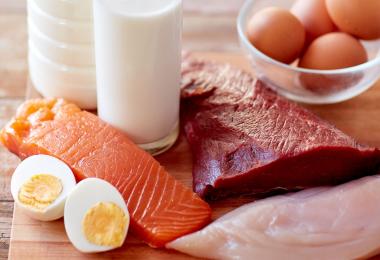
Microbiological testing of food
Microbiological examination of foods relates to meat and meat products, milk and milk products, eggs, honey, water, swabs and feed. The presence of various harmful bacteria in food is detected, such as salmonella, listeria, campylobacter, staphylococci, E. coli, enterobacteria, the total number of microorganisms, the presence of moulds and yeasts, as well as the presence of inhibitory substances and the amount of water in milk.
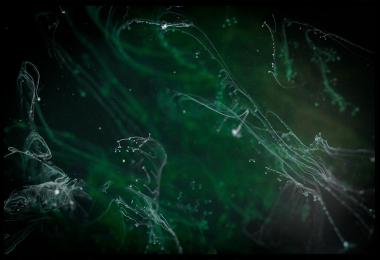
Parasitological examinations
As part of parasitological examinations, trichinella larvae are identified in the musculature of domestic and wild animals. The presence of various stages of development of parasites is also found in the muscle of fish and faeces of farmed animals and pets.
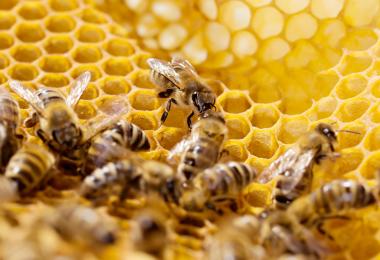
Healthcare of bees
At the Nova Gorica NVI, the activity of bee healthcare includes professional, research and consulting work. It is performed by two specialist veterinarians.
The greatest emphasis is placed on:
- health monitoring and treatment of bees, dispensing of medicines and veterinary prescriptions with written instructions and expert advice, supply of medicines
- professional advice
- clinical examinations of bee families, conducting field investigations of bees, stock and debris on pathogens, sampling of bees, stock, honey and debris
- laboratory examinations of the samples taken (Paenibacillus larvae, acariosis, varoosis, small hive beetles)
In addition, the NVI:
- educates beekeepers
- participates in drafting regulations
- issues certificates for movements of bee families
- cooperates with the Breeding Commission
- cooperates with other professional beekeeping institutions
- works with clients, and administrative work: telephone interviews with clients, counselling, beekeeping registrations
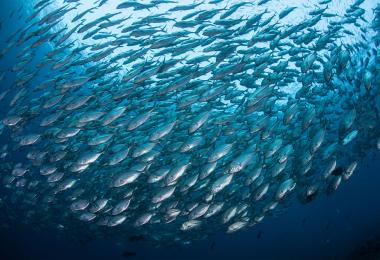
Healthcare of fish
Fish healthcare activities include professional, operational, research and advisory work. The key points of the unit’s work are as follows:
- conducting clinical inspections of fish shoals in aquaculture and sports/commercial ponds and bivalve molluscs in mollusc farming areas based on an assessment of the risk of spreading or introducing certain diseases. List of non-exotic diseases;
- conducting clinical examinations and sampling of fish shoals in aquaculture animals in order to obtain or maintain Category I (disease free) health status
- on-call visits to aquaculture animals in the event of illness and increased mortality
Visits include clinical examinations, field diagnostics and, where appropriate, sampling for laboratory testing and prescribing of treatment for fish, exclusion or suspicion of the presence of notifiable diseases, providing advice
- carrying out checks and sampling as part of the annual Ordinance;
- preparation of rehabilitation programmes for infected fish farms
- preparation of programmes for acquiring Category 1 (disease free) health status
- providing expert opinions on the fulfilment of certain conditions for stocking
Conditions in accordance with Article 3 of the Rules on detailed conditions for obtaining a permit for the cultivation of fish for stocking (Official Gazette of the Republic of Slovenia, No. 61/10).
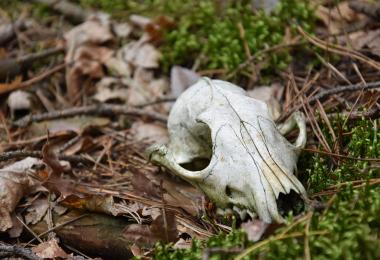
Determining the cause of death
The cause of death is determined on the request of animal owners, veterinary services, official veterinarians and other interested persons. Samples are taken for further diagnostic examination when necessary. Information on the circumstances of death is very important for the diagnosis and course of the dissection. Identifying the cause of death and taking appropriate action helps to prevent the spread of disease among animals as well as the transmission from animals to humans, thereby reducing economic damage and providing for human health.
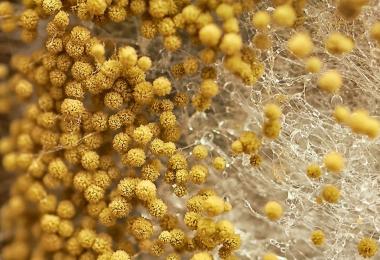
Other
In collaboration with veterinary clinics, various clinical samples are analysed (swabs, scrapings, hair (microsporosis), urine, milk (mastitis) and the presence of bacteria, yeasts and moulds is detected.
Antibiotic susceptibility is determined for isolated bacteria to ensure faster and more effective treatment.
Veterinary hygiene service
The unit has an organised veterinary hygiene service, where, in the area it covers, it removes dead animals and transports them to the cadaver collection point and takes care of their harmless destruction. From the point of view of preventing the spread of the disease to both animals and humans, this service is of the utmost importance as removal eliminates the source of the potential infection. It is also an important aspect of protecting the environment, as removing dead animals prevents water, soil and feed contamination.
Contacts
Unit Head: dr. Biljana Hacin, DVM
NVI Enota Nova Gorica
Pri hrastu 18
5000 Nova Gorica
Tel. (05) 338 37 00
Fax (05) 338 37 07
Diagnostic Laboratory
dr. Biljana Hacin, DVM
Tel. (05) 338 37 05
e-mail: biljana.hacin@vf.uni-lj.si
Pathology and Veterinary Hygiene Service
Urška Skerbiš, DVM
Tel. (05) 338 37 08
e-mail: urska.skerbis@vf.uni-lj.si
mag. Ivo Planinc, DVM
NVI Enota Nova Gorica
Pri hrastu 18
5000 Nova Gorica
Tel. (05) 338 37 00 / 041 740 805
e-mail: ivo.planinc@vf.uni-lj.si
Locum:
Suzana Skerbiš, DVM.: 041 645 763
Suzana Skerbiš, DVM
NVI Enota Nova Gorica– pisarna Koper
Ulica 15. maja 17
6000 Koper
Tel.(05) 936 67 70 / 041 645 763
e-mail: suzana.skerbis@vf.uni-lj.si
Locum:
mag. Ivo Planinc, DVM: 041 740 805
mag. Rosvita Sitar, DVM
NVI Unit Nova Gorica – Koper Office
Ulica 15. maja 17
6000 Koper
Tel. (05) 639 20 80 / 041 972 209
e-mail: rosvita.sitar@vf.uni-lj.si
Locum:
- mag. Marija Seničar, DVM.: 041 648 980 (NVI Celje)
- doc. dr. Diana Žele, DVM.: 051 614 420 (NVI Ljubljana)

